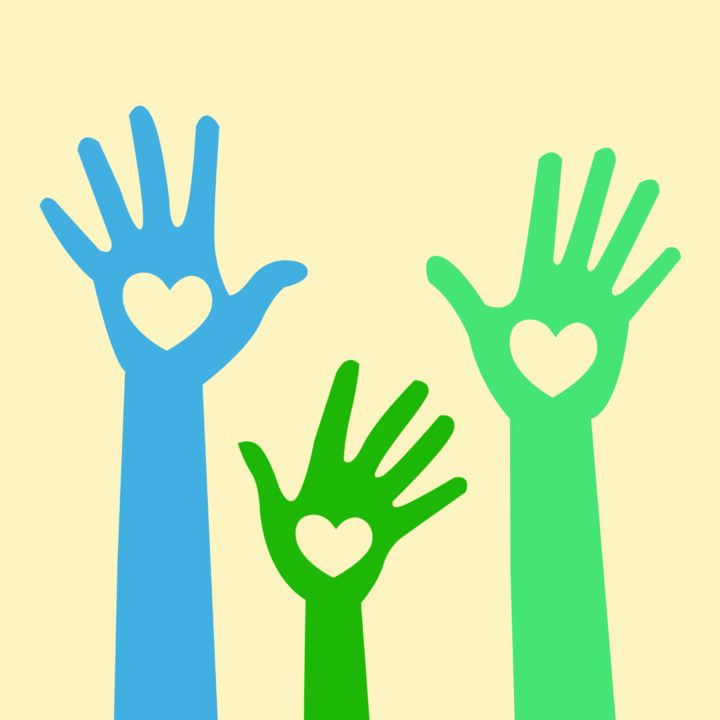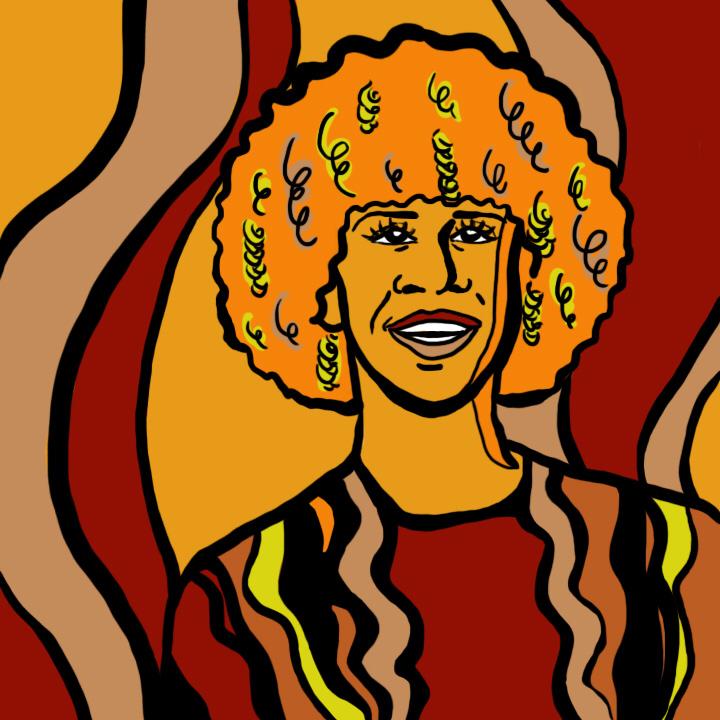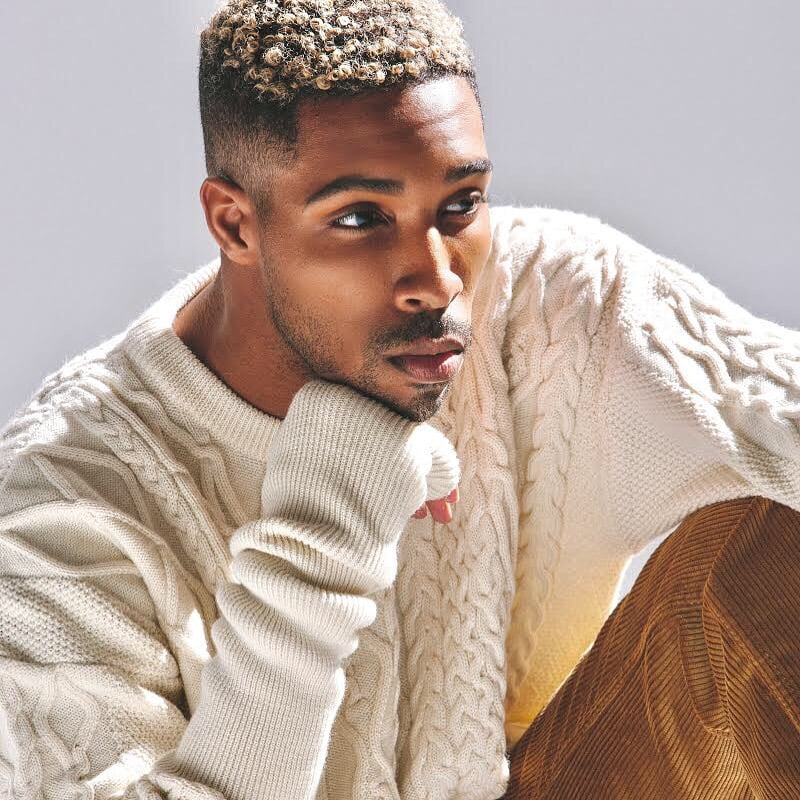U.S. Polo Assn., the official brand of the United States Polo Association (USPA), has recently founded two $2,500 scholarships and contributed several fashion design essentials to the A.W. Dreyfoos School of the Arts in West Palm Beach, Florida. The public, all-arts magnet high school of A.W. Dreyfoos School of the Arts was founded in 1989 […]









